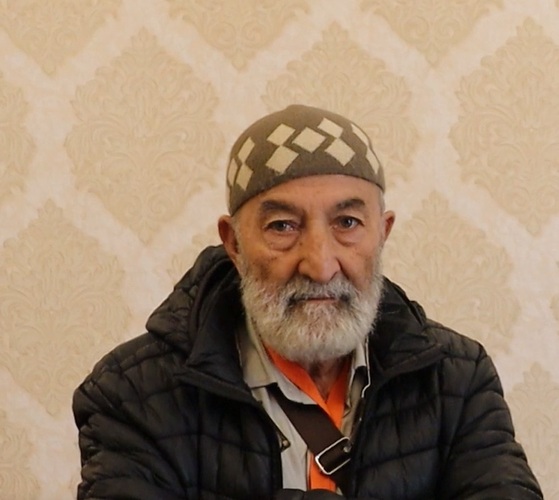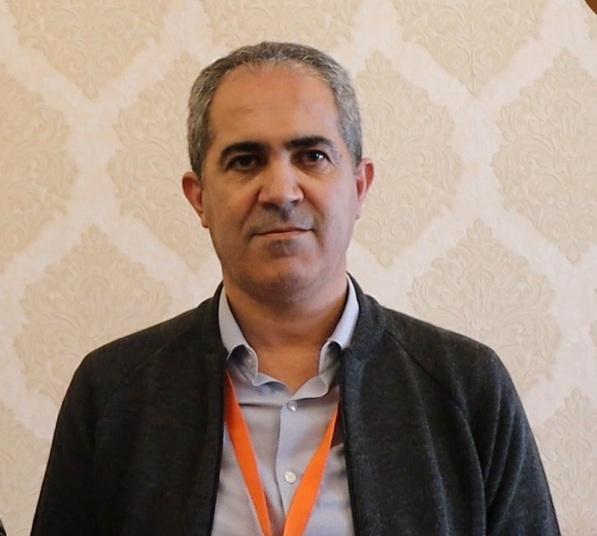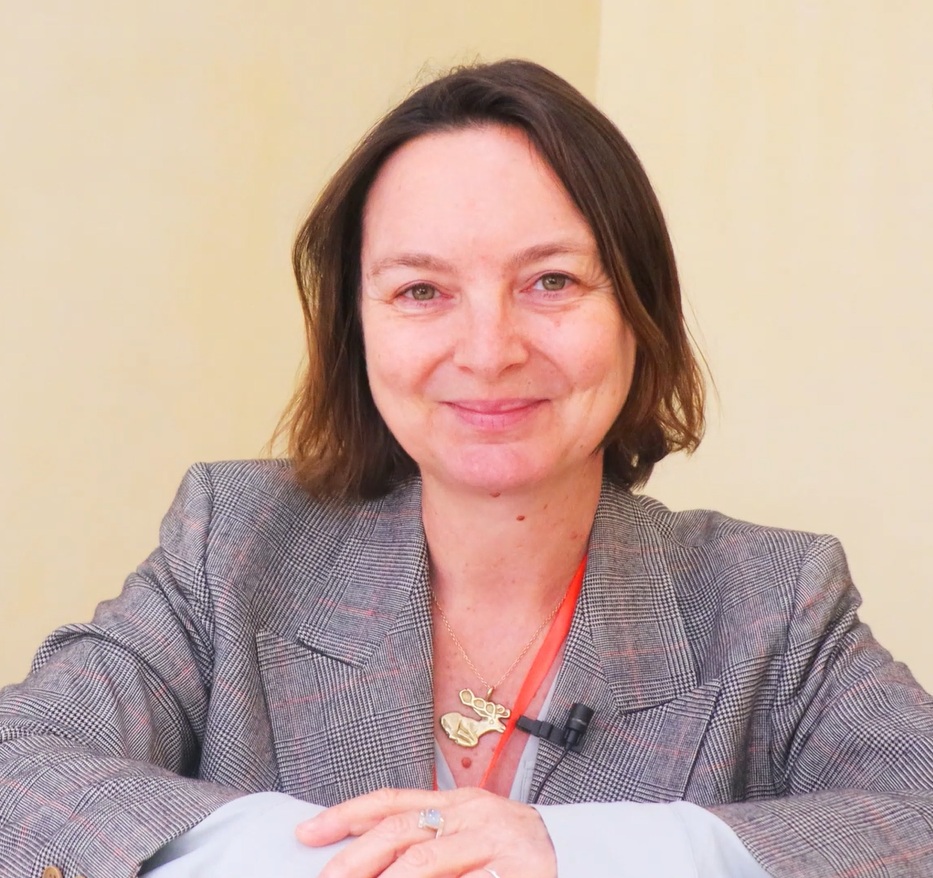Materialization of what the European Union calls for multi-actor approach concretization, because we had Ministers, former Ministers, people from public administration, research institutes, many representatives of civil society, students, and many farmers
Regional Conference on Agroecology:
Science and Policy
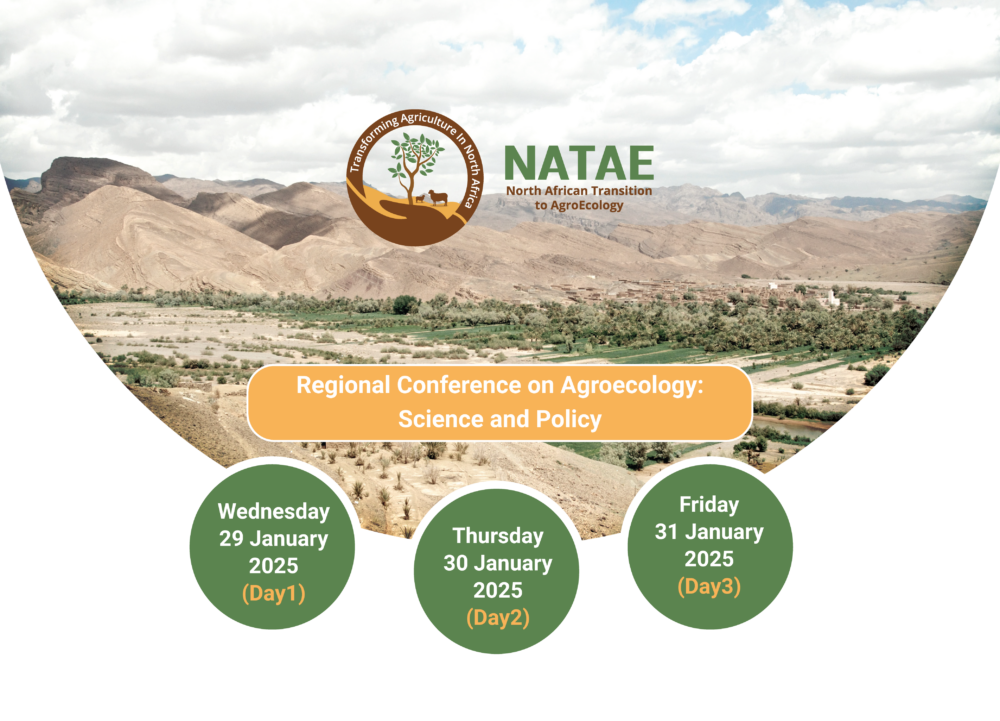
The Regional Conference on Agroecology: Science and Policy, which took place from 29-31 January 2025 in Tunis, Tunisia, provided a crucial platform for North Africa. It aimed to advance agroecology as a transformative solution to food security, nutrition, and environmental challenges. By bringing together leaders from science, policy, and practice, the event sought to lay the foundation for sustainable, equitable, and resilient food systems. Through collaborative dialogue and action, it aspired to integrate agroecology into agricultural and environmental policies, paving the way for a sustainable and inclusive future.

CONFERENCE AGENDA
-
Summary of the First Day of the Regional Conference on “Agroecology: Science and Policy”
The first day of the Regional Conference on “Agroecology: Science and Policy”, held in Tunis and organized by the Sahara and Sahel Observatory (OSS) and the Mediterranean Agronomic Institute of CIHEAM Montpellier (IAMM), marked the beginning of a consolidated dialogue between scientific research and public policies to drive the agroecological transition in North Africa. The event was held under the high patronage of the Minister of Environment of Tunisia, highlighting the importance of agroecology for the region’s political and environmental agenda.
Alongside the conference, the Tunisian Ministry of Environment and OSS hosted a dedicated event on the “Green Corridor in Tunisia.” This initiative aims to create green jobs and enhance climate resilience, bringing together decision-makers, partners, and key stakeholders to discuss challenges, opportunities, and funding mechanisms for land restoration and the promotion of agroecology in the country.
-
Summary of the Second Day
The second day featured a high-level roundtable on political and educational strategies to accelerate the agroecological transition. Moderated by Patrice Burger (CARI), the session gathered experts including Elyes Hamza, Pr. Assane Soumare, Thierry Dupeuble, and Laura Tabet, with online contributions from Said Amri and Bruno Romagny. Discussions emphasized political and community awareness, innovative production methods, and integrating agroecology into public policies and education.
A dedicated session explored the integration of agroecology into policies and education programs to enhance climate adaptation. Moderated by Elyes Hamza (CAR/ASP), the session analyzed agroecological policies and academic curricula in four North African countries. Mélanie Requier Desjardins (CIHEAM-IAMM) reviewed policies linking agroecology, food security, and transition costs, while Mehdi Ben Mimoun (INAT) highlighted advancements and challenges in agroecology education. The session provided key guidelines for strengthening the agroecological transition through tailored policies and improved academic programs.
The day concluded with a session on “Agroecology at the International Level,” addressing global and regional agroecology policies and their role in the three Rio Conventions. Moderated by Lamine Baba Sy (OSS), speakers including Dario Pollicino (IUCN), Hédi Chébili (DGEQV), Aymen Frija (ICARDA), and Zohra Lili Chabaane (IRESA) shared insights on integrating agroecology into national and regional strategies.
-
Summary of the Third Day
The final day focused on the links between agroecology and food systems, emphasizing the role of consumers and public policies in driving sustainable agriculture. Elen Lemaitre-Curri (CIHEAM-IAMM) highlighted the need to integrate agroecology into agri-food sectors, with public awareness as a key driver for responsible consumption. Professor Georges Vlontzos (UTH) shared consumer survey findings from the NATAE project, revealing strong support for agroecology. Fateh Ameur (CREAD) presented an analysis of agroecological initiatives in Algiers, illustrating local efforts toward sustainable food systems. Contributions from Jasper Wohlert (Humana People to People), Olivier Lepiller (CIRAD), and Amine Ben Abdallah (RTTA) addressed consumer engagement, government policies, and cross-sector partnerships.
A session on financing agroecology explored funding mechanisms and partnerships needed to accelerate the transition in North Africa. Chaired by Prof. Assane Soumaré (University of Nouakchott) and moderated by Khaoula Jaoui (OSS), the panel featured Samia Aloui (APIA), Joel Teyssier (AFD), Dr. Anneke Trux (GIZ), and Nihel Bounaim (Crédit Agricole). Speakers outlined strategies for mobilizing investments and leveraging financial support for agroecological initiatives, emphasizing both challenges and opportunities in securing funding for sustainable development.
After three days of discussions, the conference concluded with key recommendations, including strengthening collaboration between scientists, policymakers, and farmers, enhancing agroecology awareness, expanding training access, and adopting policies tailored to local contexts to encourage broader implementation of agroecological practices.
Day 1 – Full Videos
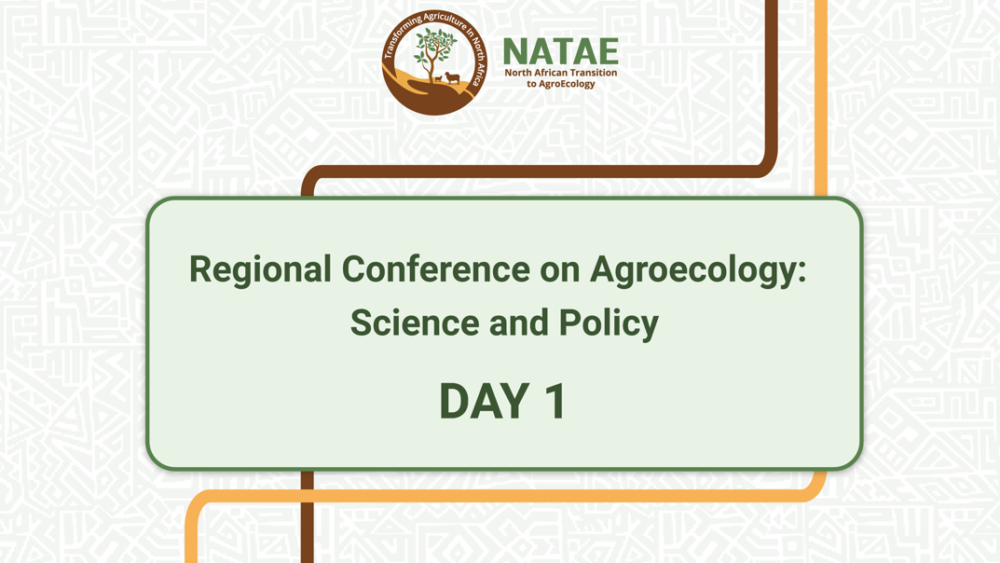
Day 2 – Full Videos
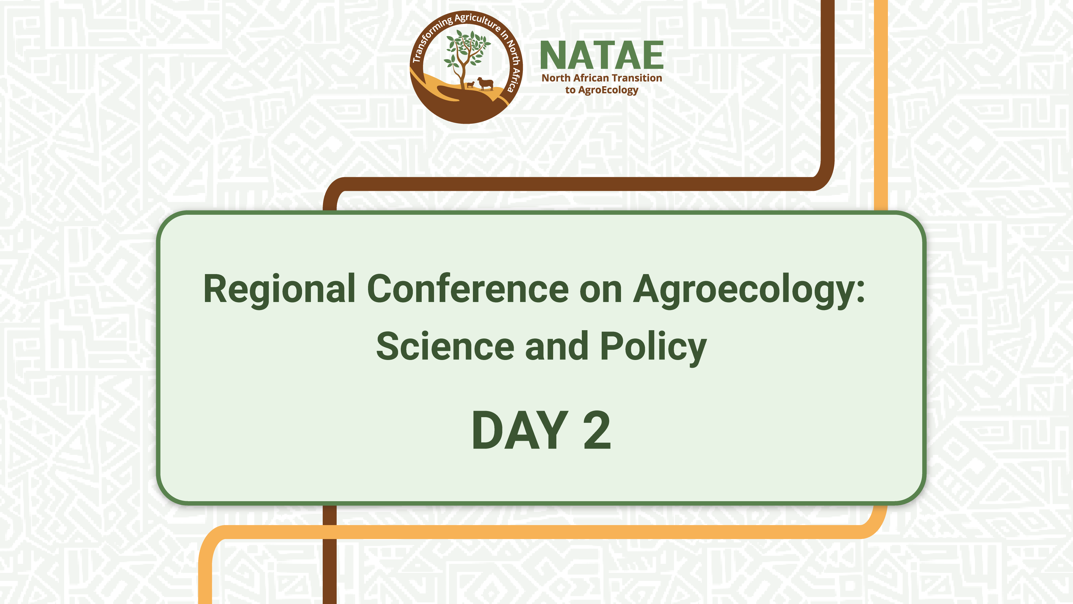
Day 3 – Full Videos
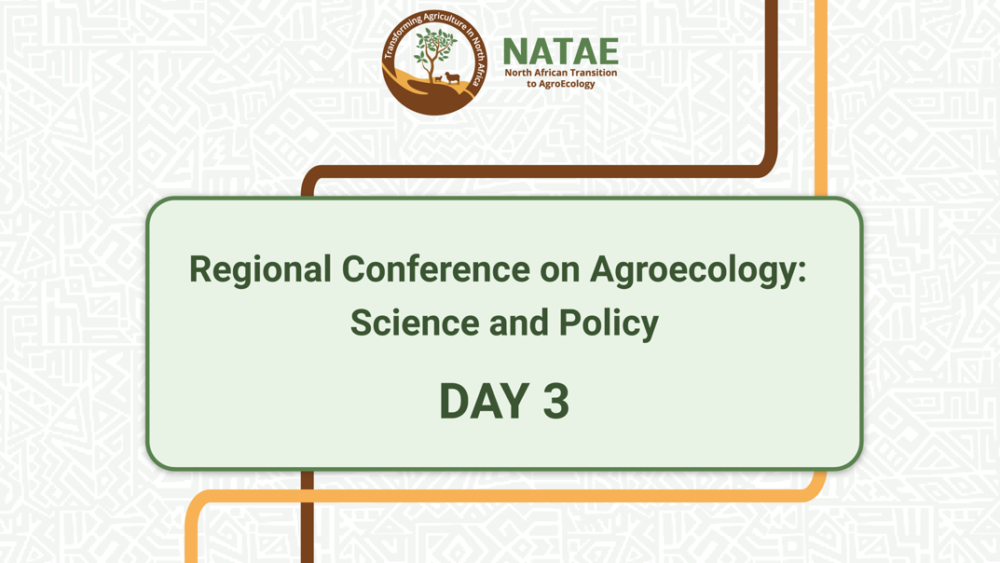

TESTIMONIALS
A very good forum bringing together all the experts in diferent fields public officials, civil society, private sector students, researchers. Agroecology is a very relevant matter in today’s world as the whole world is focusing on climate change.
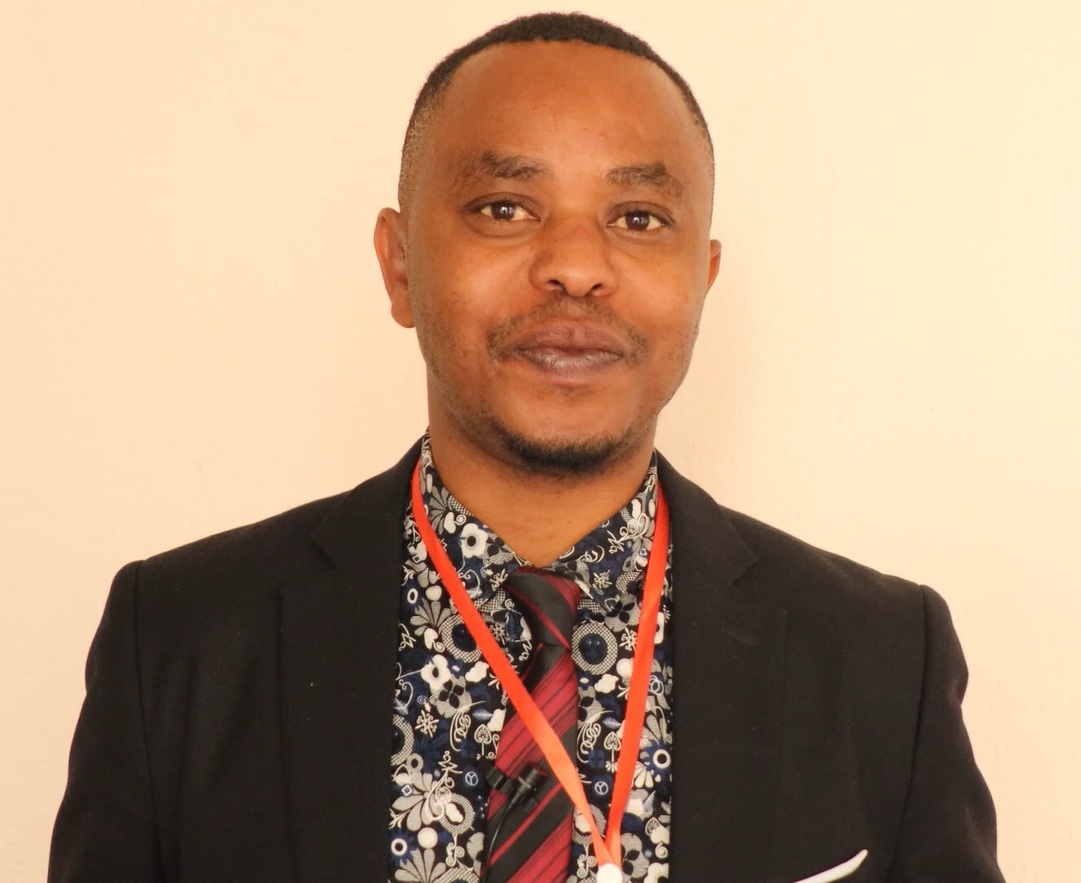
Important conference, it is how to draw important lessons to promote our policies, our strategies and our action plans in terms of agroecology and to ensure that our green corridor programme is consistent with the best practices at the national and international level.
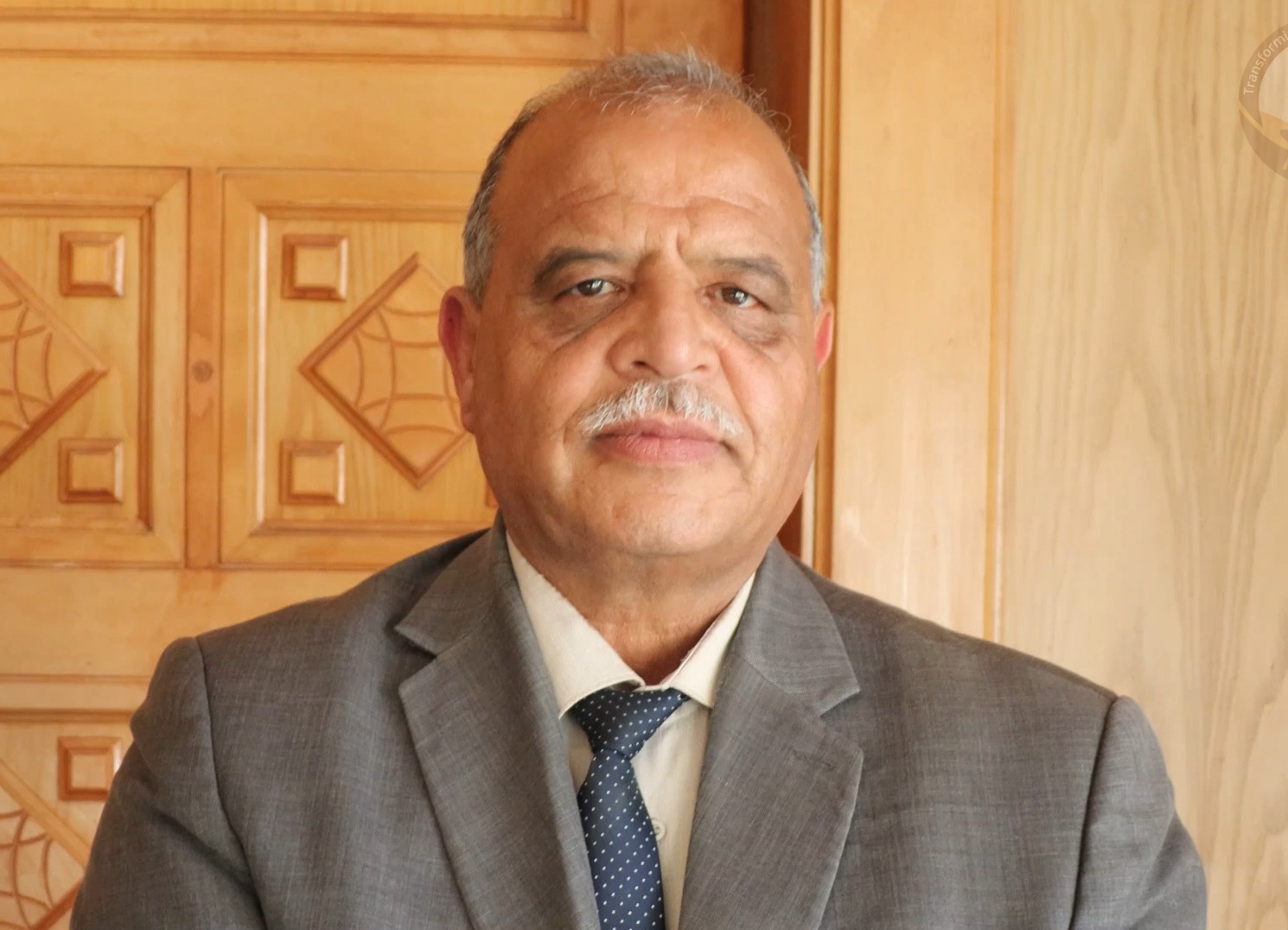
At the end of the first 2 days of this workshop, it is very clear that the world in general and in particular we the African countries of the North that have arid areas, we have every interest in developing, in making the agroecological transition because the survival of our lands depends on it.
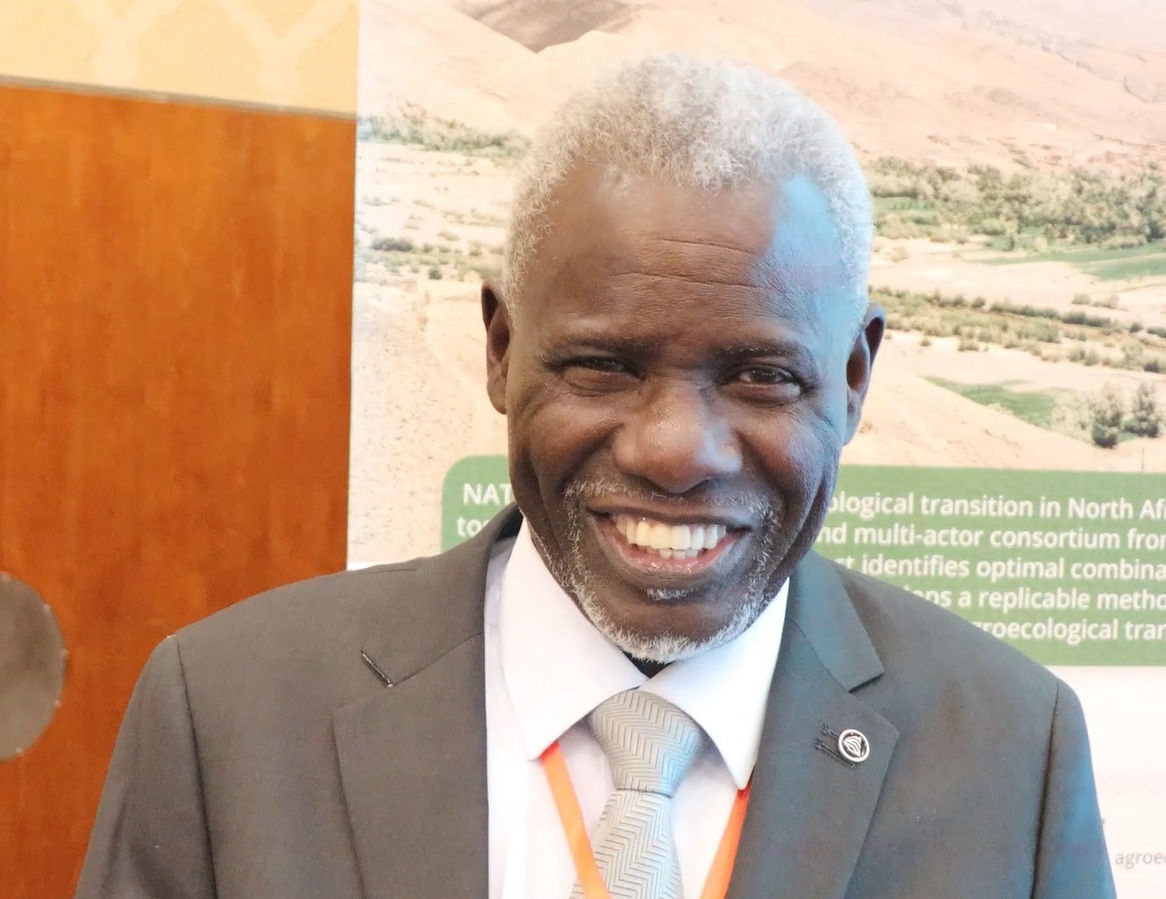
If a geopolitical event disrupted imports, the situation would be even more critical. Agroecology is really the solution — in the long term for a smooth transition, and in the short term if the environment suddenly becomes much more difficult.
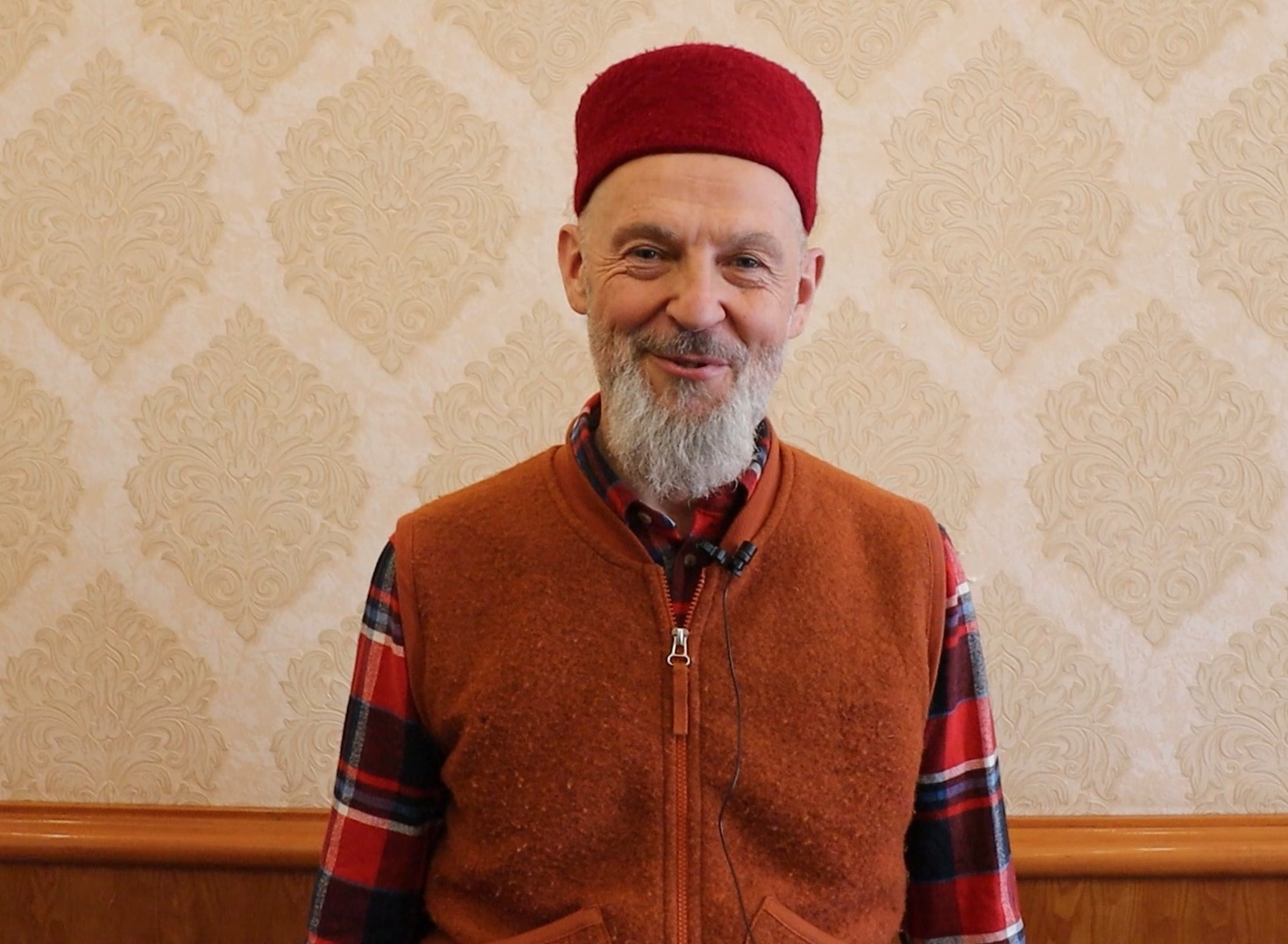
With our Tunisian colleagues, we will try to work together to propose a sufficiently rich program meeting all the criteria and parameters of agroecology. We hope to return to Algeria after this meeting to revive agroecological farming, especially for large crops, focusing more on soil conservation agriculture, with God’s help.
